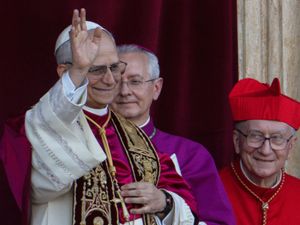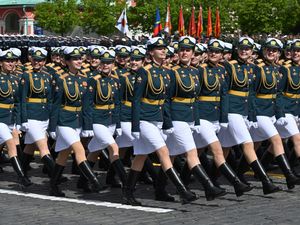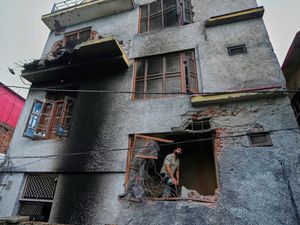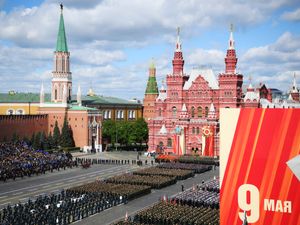Israeli air strikes rock suburbs of Beirut and cut off key crossing into Syria
Israel launched a ground incursion into Lebanon on Tuesday and its forces have been clashing with Hezbollah militants in a strip along the border.
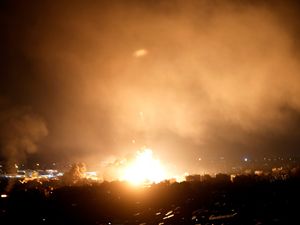
Israel carried out a series of massive air strikes overnight in southern suburbs of Beirut and another that cut off the main border crossing between Lebanon and Syria, a crossing point for tens of thousands of people fleeing Israeli bombardment.
The blasts in the Beirut suburbs sent huge plumes of smoke and flames into the night sky and shook buildings miles away in the Lebanese capital.
The Israeli military did not comment on what the intended target was, and there was no information yet available on casualties.
Lebanon’s state-run National News Agency reported there were more than 10 consecutive air strikes in the area.
Meanwhile, Israel’s military said that Hezbollah had launched about 100 rockets into Israel on Friday, as fighting continued between Israel and the militant group.
The Israeli military also said on Friday that a strike in Beirut the day before killed Mohammed Rashid Skafi, the head of Hezbollah’s communications division.
The military said in a statement that Mr Skafi was “a senior Hezbollah terrorist who was responsible for the communications unit since 2000” and was “closely affiliated” with high-up Hezbollah officials.
Thursday’s strike along the Lebanon-Syria border, about 50 kilometres (30 miles) east of Beirut, led to the closure of the road near the busy Masnaa Border Crossing.
Israel said it had targeted the crossing because it was being used by Hezbollah to transport military equipment across the border.
It said fighter jets had struck a tunnel used to smuggle weapons from Iran and other proxies into Lebanon.
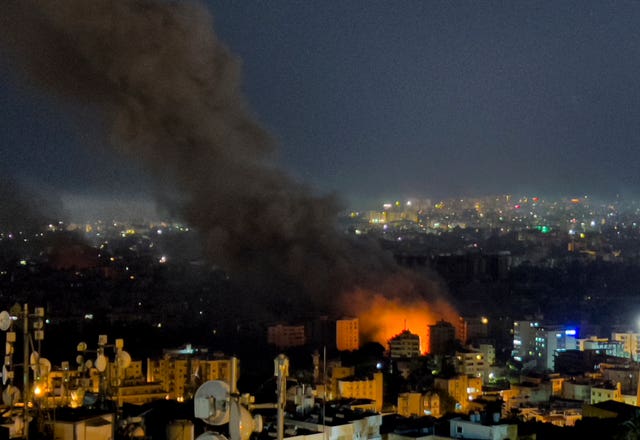
Hezbollah is believed to have received much of its weaponry from Iran via Syria.


